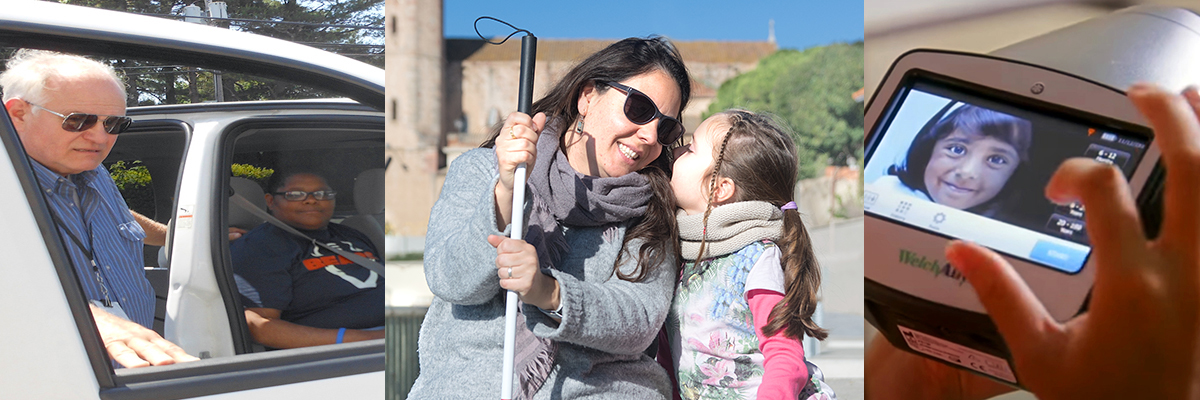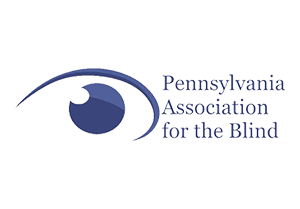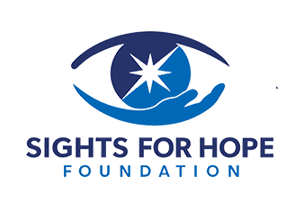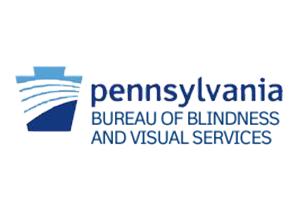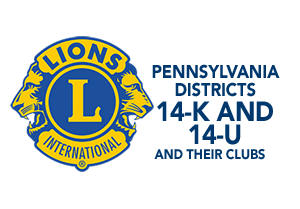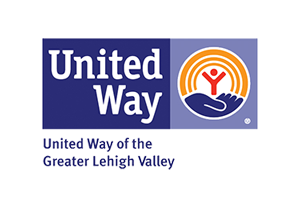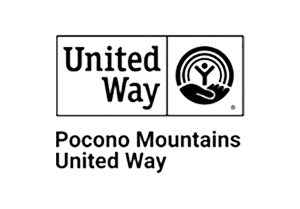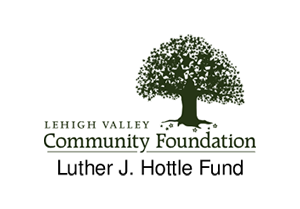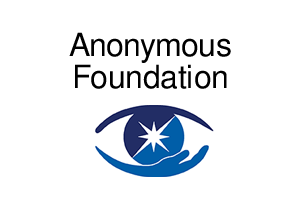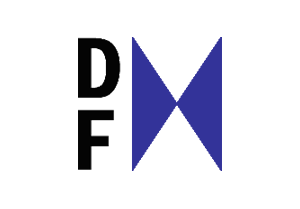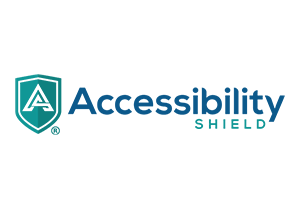Sights for Hope is a nonprofit organization that empowers people to maximize their potential however they see the world. When we build capabilities in people with blindness and visual impairments, equip children to read in kindergarten, and enrich our neighbors’ lives with habits that protect their eyesight, people in our communities gain the confidence to act, adapt, and succeed. We have proudly provided our programs and services at little or no cost in Pennsylvania’s Lehigh Valley since 1928 and Monroe County since 2003. Sights for Hope is a member of the Pennsylvania Association for the Blind (PAB) and the muti-national VisionServe Alliance.
Our Mission Statement
- To provide people with visual impairments the skills, supports, and solutions that advance their self-sufficiency.
Our Vision Statement
- To transform the lives of people with visual impairments by removing the barriers to their independence and success.
Our Values
- Independence: We champion every individual’s right to control their life and pursue their personal success.
- Impact: We advance solutions specifically for the people we serve and challenge ourselves to make our communities stronger.
- Dignity: We demonstrate a person-first mindset toward those we serve and honor their strengths.
- Character: We listen, pursue all that is possible, carry ourselves with sincerity and humility, and are inclusive without bias.
Our Three Pillars
We have identified three pillars to articulate our work.
- Skills: We teach adaptive skills to accomplish daily life activities.
- Supports: We provide supports that counter the effects of visual impairments and blindness and we increase access to medical care, healthy food, and other essential needs.
- Solutions: We advance solutions that enhance sight capabilities.
Our Constituents
- We have 537 active clients as of June 2025, and we serve approximately 100 additional patients annually.
- More than 49% of our clients live below or near the federal poverty line.
- More than 81% of our clients are ages 55 and older more than 63% of our clients are ages 65 and older.
- More than 70% of our clients are diagnosed with Macular Degeneration, Glaucoma, Diabetic Retinopathy, Cataracts, or Retinits Pigmentosa.
- We perform vision screenings on approximately 6,000 children ages 0-6 annually, and more than 13% of them have an impairment of some kind.
- Most of our children’s screening events in a typical year are held at preschools, at daycare centers, and during kindergarten registration and orientation events.
- 58% of the pre-kindergarten children we screen are in zip codes with median household incomes below the national average.
